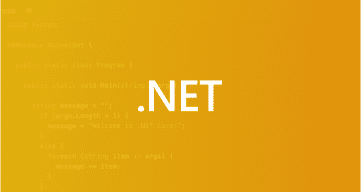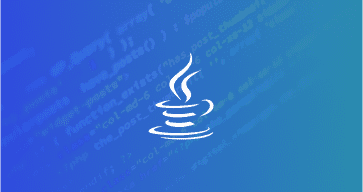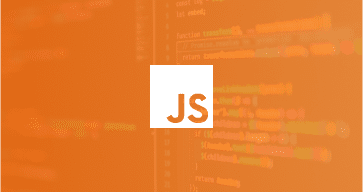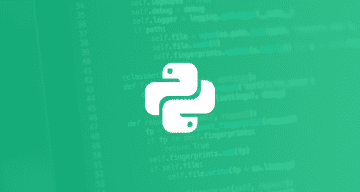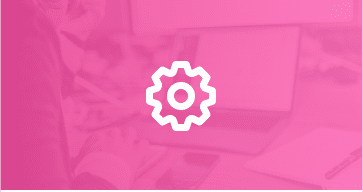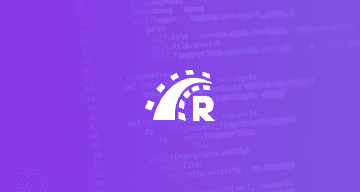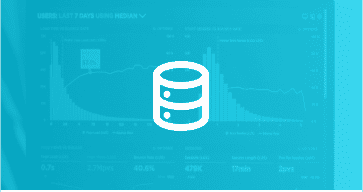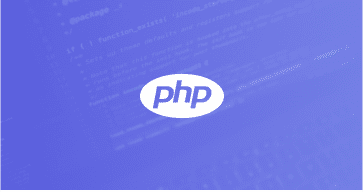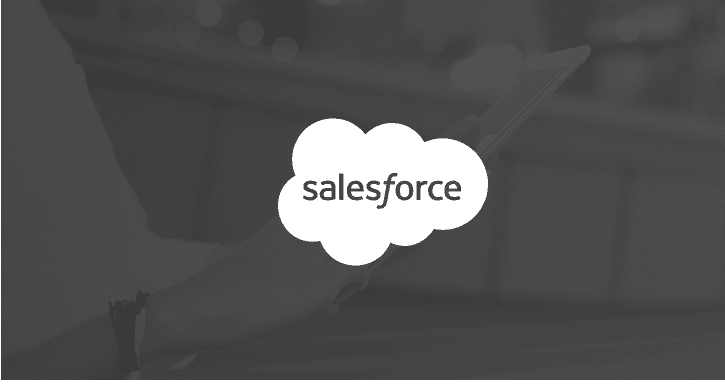PHP
PHP software development creates web applications and websites using the PHP programming language. It involves writing code in PHP to build dynamic and interactive features, such as user registration systems, content management systems, and e-commerce platforms. PHP is a widely used language for web development due to its flexibility, extensive library support, and compatibility with various database systems.

PHP development
PHP, a popular server-side scripting language, continues to be widely used for web development. With the release of PHP 8 in 2020, developers can access various powerful features and improvements. PHP 8 introduced JIT (Just-In-Time) compilation, enabling faster execution of code, and it also includes new language enhancements and syntax improvements. This has enhanced the performance and productivity of PHP developers, making it a preferred choice for building robust web applications.
The PHP ecosystem is flourishing with a vast array of frameworks and libraries. Frameworks such as Laravel, Symfony, and CodeIgniter provide developers with robust tools and components for building scalable and maintainable web applications. These frameworks offer features like routing, ORM (Object-Relational Mapping), caching, and testing utilities, which expedite development and enhance code quality. The availability of a rich library ecosystem also contributes to the efficiency and versatility of PHP development.
Discover
PHP software development can be leveraged to conduct exploratory research and gather information about the project requirements and objectives. PHP can be used to build prototype applications or create dynamic web forms to collect user feedback and validate ideas.
Define
PHP frameworks like Laravel or Symfony can be employed to design the application’s structure, define database schemas, and establish the overall technical specifications. This stage may also involve creating use case diagrams or wireframes using PHP-based tools or libraries.
Develop
This is where programmers build scalable and secure web applications efficiently. Development tasks in this stage include writing server-side code, integrating external APIs, and ensuring code quality through testing and debugging.
Deliver
Developers employ deployment tools and frameworks to package the application for production environments. They ensure compatibility across different hosting platforms, configure server settings, and perform performance optimization to deliver a reliable and efficient PHP-based solution.
PHP (Hypertext Preprocessor) is a server-side scripting language widely used for web development. It is especially suited for creating dynamic web pages and building web applications. PHP code is embedded within HTML and executed on the server, generating HTML output sent to the client’s web browser.
There are several benefits of using PHP for software development:
Easy to learn and use: PHP has a simple and intuitive syntax, making it accessible to beginners and experienced developers.
Broad community and extensive documentation: PHP has a large and active community of developers, which means there is ample support, resources, and libraries available. The official PHP website provides comprehensive documentation for reference.
Cross-platform compatibility: PHP is compatible with major operating systems like Windows, Linux, macOS, and web servers. This allows developers to deploy PHP applications across different platforms.
Extensive feature set: PHP offers many built-in functions and extensions for tasks such as database integration, file manipulation, XML processing, and more. It also supports object-oriented programming, making code organization and reuse easier.
PHP has several popular frameworks that simplify and accelerate web development. Some commonly used frameworks include:
Laravel: A powerful and elegant framework known for its expressive syntax, comprehensive feature set, and robust community support. Laravel follows the Model-View-Controller (MVC) architectural pattern.
Symfony: A highly flexible framework that focuses on reusability and modularity. Symfony provides a set of reusable components and offers excellent extensibility.
CodeIgniter: A lightweight framework that emphasizes simplicity and speed. CodeIgniter is known for its small footprint and straightforward configuration.
Yii: A high-performance framework that promotes rapid development and follows the Don’t Repeat Yourself (DRY) principle. Yii offers many features out-of-the-box and is suitable for large-scale applications.
MySQLi Extension: PHP’s MySQLi extension allows you to interact with MySQL databases. It provides a procedural and object-oriented interface for performing database operations. You can connect to a MySQL server, execute queries, fetch results, and manage transactions using MySQLi functions.
PDO (PHP Data Objects): PDO is a database abstraction layer in PHP that provides a consistent interface for interacting with various databases, including MySQL, PostgreSQL, SQLite, and more. It offers a unified API for executing queries, binding parameters, and fetching results. PDO supports prepared statements, which enhance security and performance.
Object-Relational Mapping (ORM) Libraries: PHP has popular ORM libraries like Doctrine and Eloquent that simplify database operations by mapping database tables to PHP objects. These libraries provide higher-level abstractions, allowing you to perform CRUD (Create, Read, Update, Delete) operations using the object-oriented syntax instead of writing raw SQL queries.
SQL Queries: PHP can also execute SQL queries directly using functions like
mysqli_query()orPDO::query(). You can write SQL statements to perform operations like inserting, updating, or retrieving data from the database. However, sanitizing and validating user input is essential to prevent SQL injection attacks.
Let's work together
Successful Delivery with these PHP Technologies
Digital Transformation Blog

The Power of Rapid MVP Development: Speeding Up Success in 2024
In 2024, MVP development continues to be shaped by integrating advanced technologies such as AI, the demand for personalized experiences, the strategic advantages of remote

Computer Science vs Data Science
Are you torn between pursuing a career in computer science or data science? You’re not alone. Both fields offer exciting opportunities and unique perks. Understanding

Digitalization, Digitization & Digital Transformation: What’s the Difference?
Digitization, digitalization, and digital transformation are business processes that are often used interchangeably, yet they have distinct meanings and implications. This article will demystify these
Ready to dive in?
Start with Unosquare today.
Unosquare is a full-service, international software development agency. Through our centers of excellence we recruit, train and professionally manage talent to ensure expertise from discovery to delivery.

